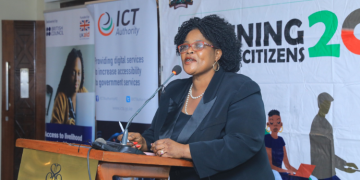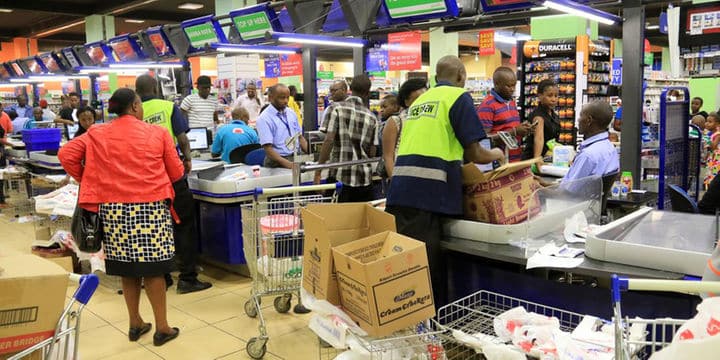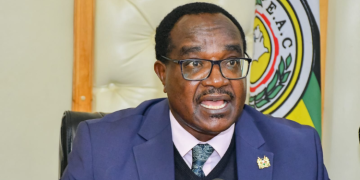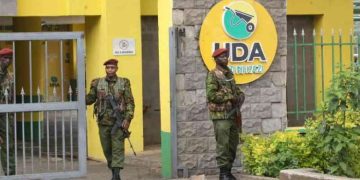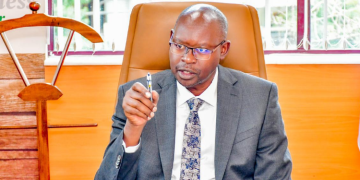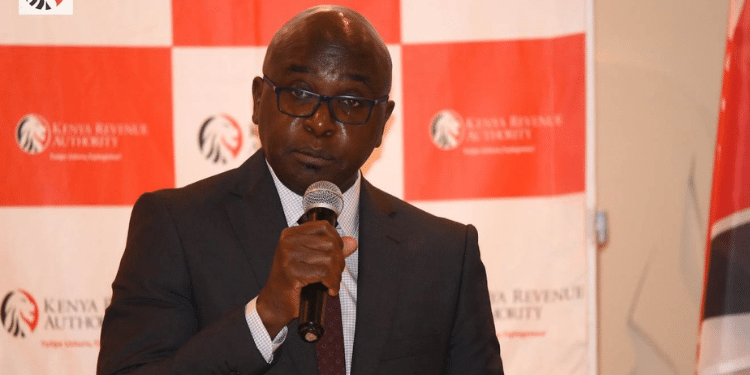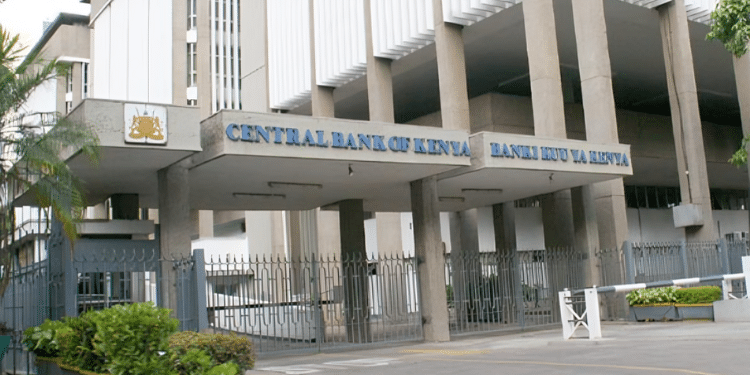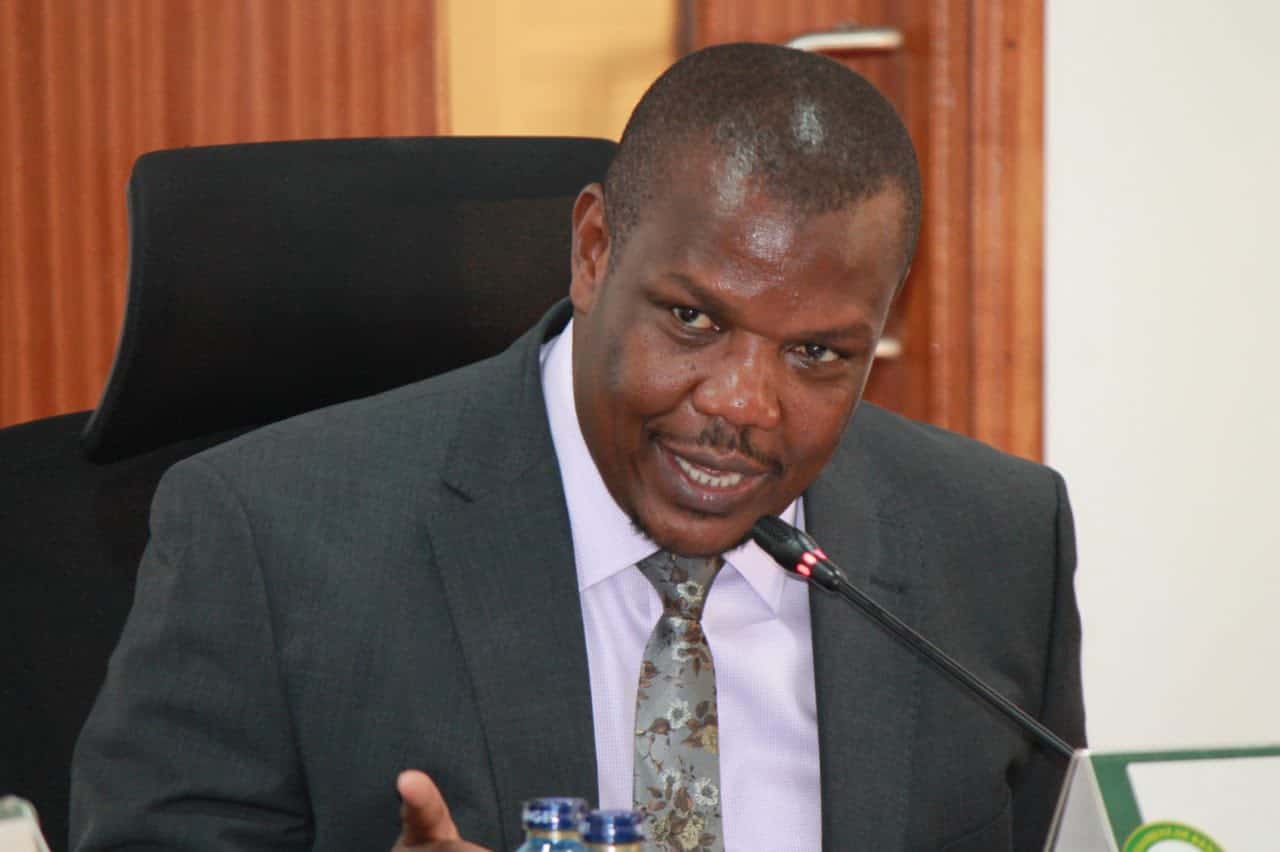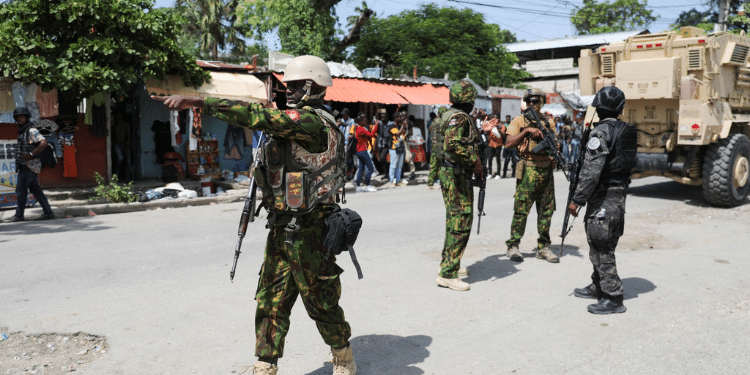The commander of the Kenya-led Multinational Security Support (MSS) mission in Haiti Godfrey Otunge has revealed plans to deal with dreaded Haiti gang leaders.
Otunge made the revelations in an interview with The Miami Herald where he reflected on the mission’s challenges and needs, maintaining that the mission, which currently has 400 Kenyan police officers in Haiti, is well poised to restore “the lost glory of security” to Haiti.
The commander highlighted that once additional police and military personnel from Jamaica and five other nations arrive as reinforcement to the equipment and funding, the days of Haiti gang leaders such as Lanmo Sanjou will be numbered.
Lanmo Sanjou has been consistently threatening a takeover of Fond Parisien, a major Haitian City near the border with the Dominican Republic.
“I can tell you that Lanmo Sanjou, his days are numbered. Take it to the bank, because we came here for a reason. We came here with a purpose. We came here to do something, and we must do it,” he said.

Otunge distinguished the current situation from a conventional war, stressing that it involves gang violence rather than organized terrorism.
Also Read: Kenyan Police Ask Haiti Gangs to Surrender
He also praised the Haiti National Police officers for their bravery, acknowledging that while they may lack certain resources, their courage and commitment are commendable.
Commander Otunge also clarified the distinct nature of the MSS mission compared to traditional United Nations peacekeeping operations.
Otunge weighs in on Haiti Mission
On the topic of Kenya’s motivation to support Haiti, Commander Otunge emphasized the deep historical and cultural connection between the two nations.
“While our mission shares some similarities with U.N. operations, particularly in terms of human rights and compliance, our primary role is to support and build the capacity of the Haiti National Police (HNP),” he noted.
“Haiti was the first African country to gain independence, and this act of courage inspired many African nations, including Kenya, to seek their own freedom.”
Also Read: UN Agency Clarifies Salary Payments to Kenya Police in Haiti
Regarding the challenges encountered by the Kenyan officers, Otunge acknowledged that the mission’s context inherently involves difficulties.
Commander Otunge discussed the recent acquisition of additional armored vehicles and the ongoing need for more equipment, saying that the addition of 24 armored vehicles with gunner turrets and mounts is a significant boost and that they are negotiating for more air support.
International Support
Otunge also touched on the growing international support for the mission highlighting that several countries have reached out to offer assistance, including equipment and funding.
Responding to perceptions that the MSS is solely a Kenyan force, Otunge clarified that the mission is multinational.
“Kenya is leading, but we are working with partners from Belize, Jamaica, The Bahamas, and others,” he explained.
He emphasized that the mission is a collaborative effort and not just a Kenyan initiative.
The United States, which has provided more than $300 million for the mission, remains the largest financial backer of the Kenya-led police force mission, along with Canada, which recently provided $59 million Canadian dollars to a United Nations controlled trust fund.
Approved for only a year in October 2023, the Multinational Security Support mission’s re-authorization is scheduled to be discussed by the U.N. Security Council on Sept. 30.
Follow our WhatsApp Channel for real-time news updates!
https://whatsapp.com/channel/0029VaB3k54HltYFiQ1f2i2C



